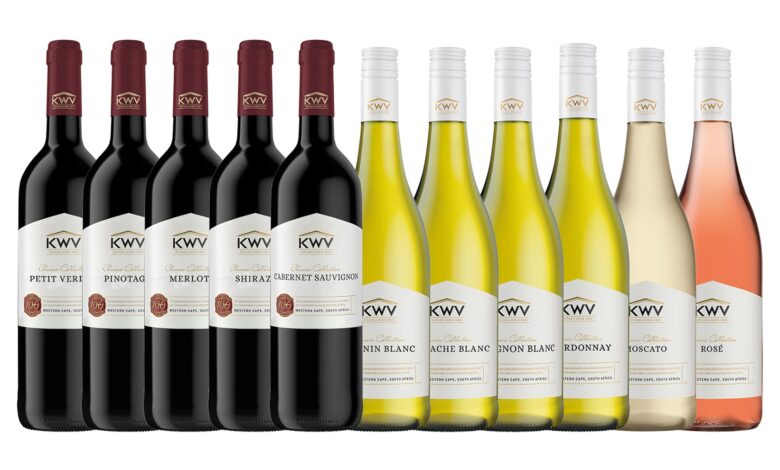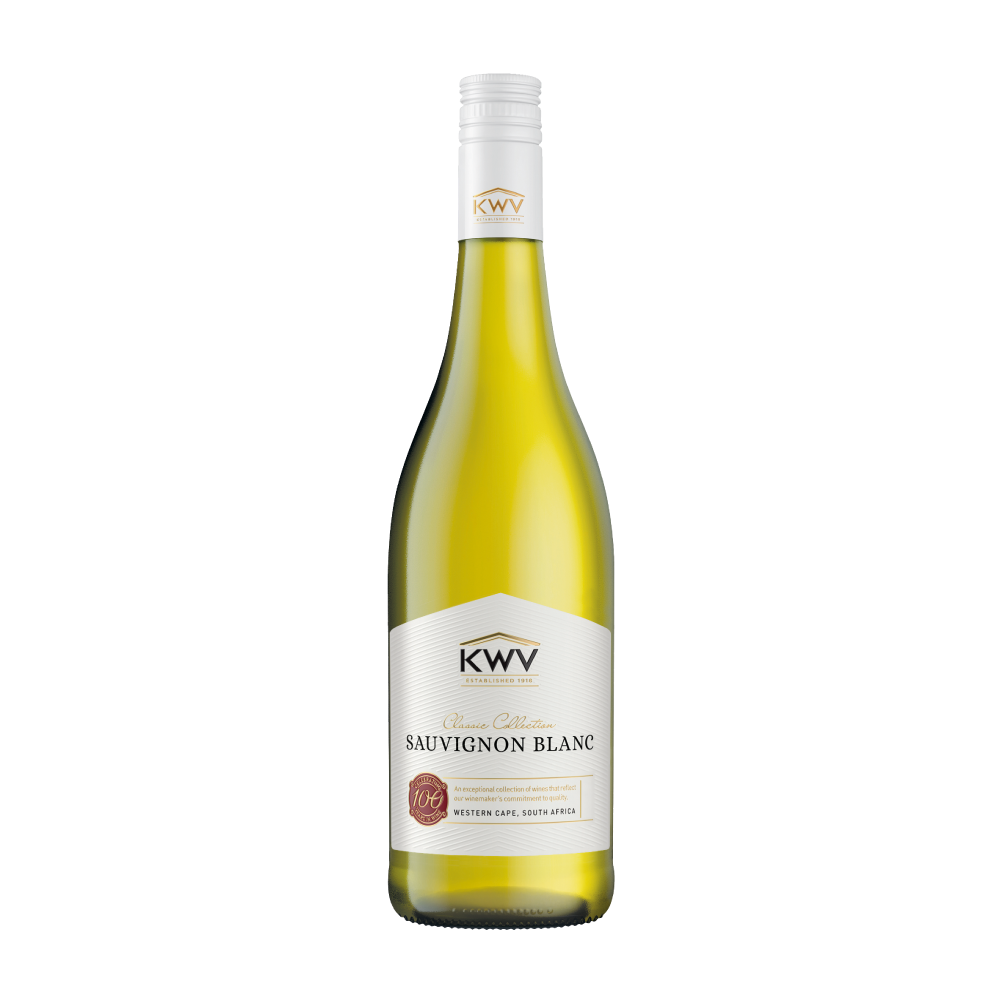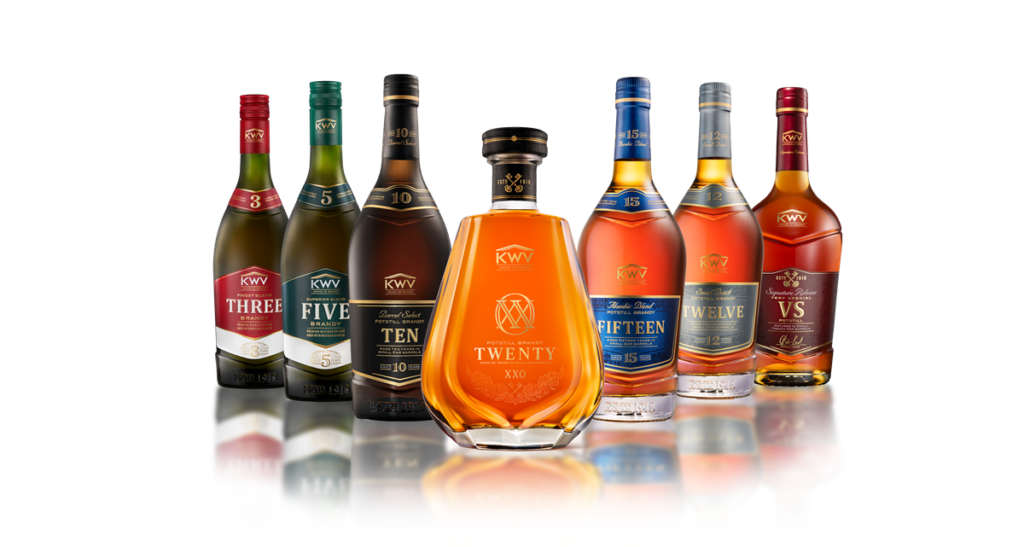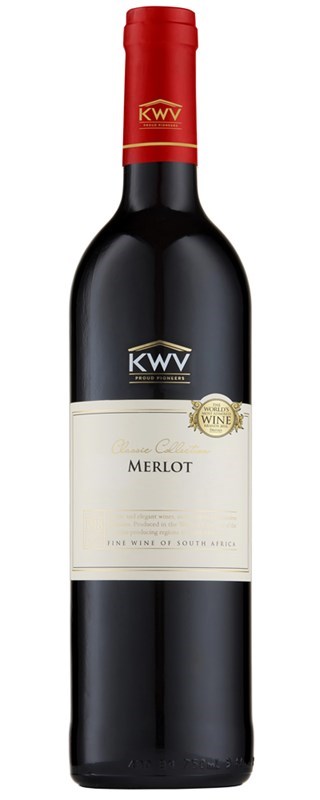From Cooperative Roots to Global Acclaim: The Strategic Rise of KWV South Africa

From Cooperative Roots to Global Acclaim: The Strategic Rise of KWV South Africa. In the heart of South Africa’s Cape Winelands, a legacy was born in 1918 that would shape the nation’s wine and spirits industry for over a century. KWV (Ko-operatiewe Wijnbouwers Vereniging van Zuid-Afrika) began as a cooperative aimed at unifying wine farmers and enhancing the quality of South African wines and brandies. Under the leadership of founder Dr. Charles Kohler, KWV laid the foundation for a brand synonymous with authenticity, innovation, and resilience.
Pioneering Quality and Regulation
In its early years, KWV played a pivotal role in regulating the South African wine and spirits industry. By the 1920s, the cooperative was granted legislative control over production, sale, and export, enabling it to implement quality standards that would elevate the industry’s global reputation. The introduction of the Wine of Origin (WO) scheme in 1973, to which KWV significantly contributed, established a certification system that remains respected worldwide.

Transitioning to a Commercial Entity
The end of apartheid in the early 1990s brought significant changes to South Africa’s economic landscape. In 1997, KWV transitioned from a cooperative to a company structure, marking a new era of commercial operations. This shift allowed KWV to expand its market reach and adapt to the competitive global environment.
Strategic Partnerships and Empowerment
In 2004, KWV negotiated a landmark Broad-Based Black Economic Empowerment (BBBEE) deal with Phetogo (Pty) Ltd, acquiring 25.1% shares. This move not only promoted inclusivity but also allowed KWV products to enter the local market under its own brand for the first time, having previously been primarily export-focused.

Global Recognition and Awards
KWV’s commitment to excellence has earned it numerous international accolades. Notably, in 2014, KWV’s 12-Year Barrel Select Brandy was named Worldwide Best Brandy at the International Wine & Spirit Competition in London. This marked the seventh time KWV had received this prestigious award, underscoring its position as a world leader in brandy production.
Further cementing its reputation, KWV was crowned World’s Best Brandy & Cognac Producer at the International Spirits Challenge in both 2015 and 2016, outperforming renowned Cognac producers.
Innovative Marketing and Branding
In 2015, KWV launched its first consumer trademark brand campaign, “Finish Great,” developed by Saatchi & Saatchi BrandsRock. This integrated campaign aimed to communicate KWV’s proud heritage and product innovation across spirits and wines, marking a significant step in modernizing the brand’s image and reaching a broader audience.

Product Innovation and Premium Offerings
KWV has consistently demonstrated a commitment to innovation. In 2018, the company launched “The Centenary,” South Africa’s most exclusive brandy, priced at R100,000 per bottle. Only 100 bottles were produced, and a portion of the proceeds was allocated to a bursary fund aimed at investing in the future of brandy making.
Lessons for Aspiring Entrepreneurs
KWV’s journey offers valuable insights:
- Adaptability: Transitioning from a cooperative to a commercial entity allowed KWV to navigate changing economic landscapes effectively.
- Commitment to Quality: Consistent investment in product excellence has positioned KWV as a global leader in brandy production.
- Strategic Partnerships: Engaging in empowerment deals and collaborations has expanded KWV’s market reach and inclusivity.
- Innovative Marketing: Modern branding campaigns have revitalized KWV’s image and connected with new consumer demographics.
- Product Innovation: Introducing premium offerings like “The Centenary” showcases KWV’s dedication to innovation and excellence.
From its cooperative beginnings to its current status as a globally recognized brand, KWV’s century-long journey exemplifies how authenticity, strategic marketing, resilience, and growth can coalesce to build a successful and enduring enterprise.


